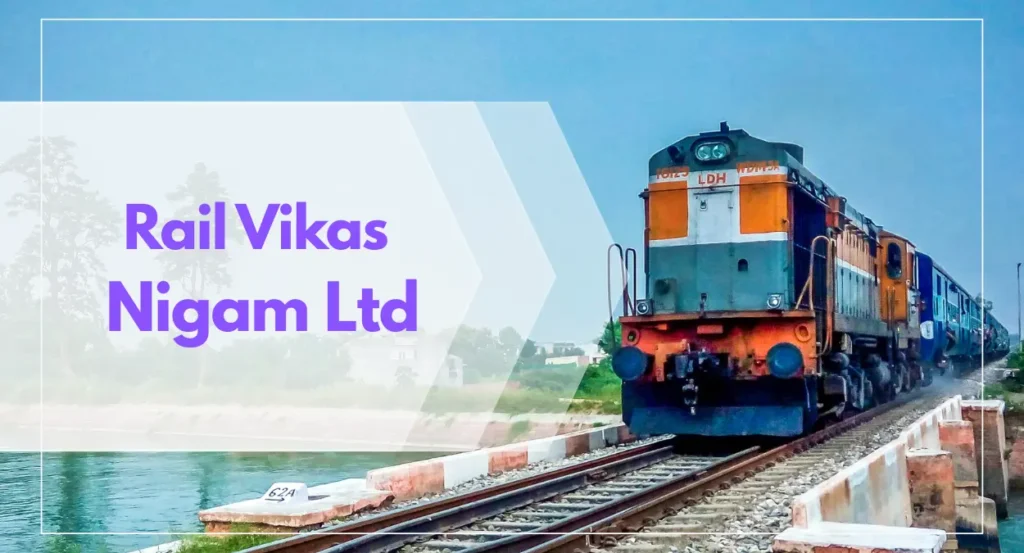Rail Vikas Nigam Limited (RVNL) is a Government of India enterprise under the Ministry of Railways, established to implement rail infrastructure projects. RVNL specializes in project execution, including doubling, gauge conversion, new lines, metro projects, highways, ports, telecom, and manufacturing. Transitioning from solely assigned railway projects to competitive bidding, RVNL is expanding into international markets and diversified infrastructure sectors.
In this article we are going to discuss the summary of the management commentary that was delivered on Q4FY25 performance.

Transition in Business Model:
RVNL is undergoing a strategic transition from executing projects solely assigned by Indian Railways to securing projects through competitive bidding. This shift includes diversification into sectors such as metros, highways, ports, telecom (e.g., BharatNet), and manufacturing, thereby reducing overdependence on Indian Railways.
Performance Overview:
The company acknowledged a decline in turnover compared to the previous fiscal year. However, this was attributed to lower fund allocation from the Ministry of Railways. Despite requesting ₹23,000 crore, RVNL received ₹19,000 crore, affecting the execution pace. The turnover for FY25 was approximately ₹19,500 crore versus the guided ₹21,000 crore.
Future Outlook:
Management believes the worst is behind them and expects turnover to rebound in the coming year due to a strong and increasing share of projects acquired through bidding. They foresee the turnover returning to the ₹21,000 crore range, with potential to increase further.
Order Book & Diversification:
- Total order book stands at ₹1 lakh crore, split approximately between:
- ₹45,000 crore (assigned railway projects)
- ₹55,000 crore (competitively bid projects)
- New sectors include:
- International projects (Albania, Peru, Middle East)
- Civil and electrical engineering
- Telecom and signaling (including BharatNet)
- Manufacturing (notably Vande Bharat trains)
Margins & Risk Management:
Despite moving into more competitive EPC contracts, RVNL is committed to maintaining or improving margins. The company is adopting innovative working methods and entering higher-margin areas such as operation and maintenance (e.g., metros), manufacturing, and long-term solar + storage power projects.
Overseas Expansion:
The company has bid for overseas projects worth ₹5,000–6,000 crore recently, with plans to increase overseas business share to 40-45%. Current overseas order book is around ₹4,000 crore, and the goal is to scale this 2–3x during FY26.
Joint Ventures (JVs):
- Several PPP-based rail SPVs are now revenue-generating and dividend-paying (₹25 crore received).
- Vande Bharat sleeper train JV: Production to begin by June 2026, with revenue generation expected in FY27. RVNL’s share in this order is valued at ₹9,640 crore.
BharatNet Project:
RVNL is executing the BharatNet Phase II project with a total order book of around ₹14,000 crore (₹7,000 crore capital, ₹7,000 crore O&M over 7 years). This has become a major growth segment.
Employee Restructuring & Capability Building:
- Employee count reduced from 2,225 to 1,042 over four years.
- RVNL is actively reshaping its workforce with professionals from non-rail sectors like highways, solar, and telecom to align with its diversified project portfolio.
New Growth Areas:
- Metro operations & maintenance
- Solar + BESS (Battery Energy Storage Systems)
- Data centers
- Small modular nuclear reactors, in line with national energy priorities
Competitive Environment in EPC:
EPC space is increasingly competitive with aggressive bidding (even -30%). RVNL aims to navigate this through differentiated capabilities and by expanding into non-EPC, recurring revenue models.
Vande Bharat Production Timeline:
- Indian Railways reverted to the original 16-coach model.
- Prototypes expected by June 2026, with trials and full-scale production to follow.
- Production costs are estimated at ₹95–97 crore per train, with revenue expected by FY27.
Strategic Focus Areas Going Forward:
- Accelerate international expansion
- Strengthen execution in high-margin and technology-driven sectors
- Maintain a robust balance sheet (currently debt-free)
- Diversify to reduce dependence on EPC-only contracts
